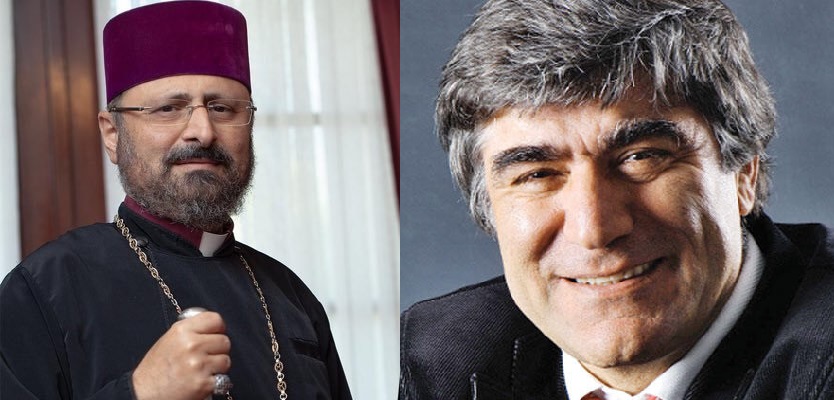
In the previous articles of the series titled “Attempts At Diasporizing Turkish Armenians”, by providing various examples, we referred to the efforts to transform Turkish Armenians so that they acquire the mindset of the anti-Turkish extremist elements of the Diaspora Armenians.[1] While this attempt was initially carried out by the extremist elements of the Diaspora and some media outlets that are supportive of these elements’ approach, in time, Armenia joined in on this attempt as well. The most recent example of this initiative are the defamation efforts against the Armenian Patriarch of İstanbul Sahak II Mashalyan who came into office with the election held on 11 December 2019.
Patriarch Sahak II had begun receiving the reaction of the mentioned extremist elements even prior to being elected as the patriarch. Sahak II was amongst the Armenian religious officials who supported the 2019 patriarch election being conducted in consultation with government officials. One of his responses to the criticism he received on this subject was the following:
“[Those who oppose the path towards the patriarch election] present us the deadlock as the solution. We cannot take the risk of a period of chaos and waiting which will last for years and which will have an indeterminate end. We cannot give up on our tangible right of electing a Patriarch on 11 December in the name of an open-ended intangible 'right to legal remedies.' […] We will hold this election with the common sense of people who assume responsibility. The ill fate of us Istanbul Armenians has always been not to be understood by the other Armenians of the world. From afar, they have always been advising us on how to be Armenian. […] When they do not reach their desired outcome, they lecture us and harangue us on honor, cowardice, and bravery. Now they are trying to teach us a lesson on how to be clerics. We do not expect them to understand us. We should understand each other, that will suffice.”[2]
Sahak II continued to receive the reaction of the extremist elements with his statements after his election as the patriarch. He criticized the parliaments of foreign countries that want to retaliate against Turkey by using the problems in bilateral relations as an excuse and shared his views regarding the Turkish Armenians’ perspective towards Turkey and the world:
“[…] If you we don’t ensure our organization, we will drown. Every year, 12 births occur versus 26 deaths. The population of our community is progressively dwindling. From now on, we will work towards establishing the legal framework of an upper structure that will make our community more coordinated. We are a valuable minority for this country. We are always told at the state level that we are valuable. We will continue to offer our contributions to Turkey as the loyal citizens of this country. However, we can’t say that we don’t have problems when we do in fact have them.”[3]
“Some things should not be attached importance. Somethings [resolutions] are constantly being adopted in parliaments. But there is nothing that concerns us or requires us to be directly engaged. As Armenians in Turkey, it saddens us that the pains suffered 100 years ago in these lands are being used in other countries' parliaments as an element of strategic, economic, and political pressure. We see this as an inappropriate situation directed at our ancestors.
We would have wanted that this problem experienced in these lands to be discussed by people who live in these lands. We would have especially wanted Turkey-Armenia relations to be straightened, for the two parties to speak to one another. Since the two parties don't speak, third, fourth parties are bestowed the right to speak across the oceans [from afar]. […] An 'Armenian thesis [discourse]' utilized to heckle Turkey creates the impression of abuse. And I don’t think that this is very ethical.
[…] As the Armenian community, we are a people who are integrated with Turkey. We have made a fateful pact with this country. We have established a life in unison with all the elements of this country. We forgot [dealt with] what happened 100 years ago by remembering them. We remember by forgetting [by dealing with them]. This is a choice of the Istanbul Armenian community. We chose to live in this country. This is a situation that differentiates us from the Diaspora and the Armenia Armenians. We experienced the trauma of the 1915 and, by somehow remaining in this country, we treated this trauma. […]”[4]
Recently, Sahak II made a statement regarding the Turkish-Armenian controversy over the 1915 Events and became a target once more:
“[What is your expectation regarding the disputes on the 1915 Events?] What we expect is for people to understand Armenian peoples’ losses and the pain they have suffered. We know what these are, because we have lived through them. However, they are not well-known in this country [Turkey]. Moreover, the minorities in this country are reflected as being ostentatiously rich and happy. It is not like that at all. It is not like that now nor was it like that in the past. In my opinion, 24 April should have a projection for the future, not the past.
[Would you elaborate?] Finding the genuine reasons [for what happened] will serve as an insurance for the future. As in the case of Syria, there is a significant lesson to be learned from peoples, who had been living together as friends, suddenly strangling each other. All peoples of the world experienced something similar during the First World War. The fervor of nationalism propagated, and everyone wanted to establish their own nation-state. You sought to establish a nation-state, but everyone had already been living intertwined. So, what were you going to do with the other nations?”[5]
Due to these statements, Sahak II is being subjected to ugly verbal attacks. He is being accused by the extremist elements of the Diaspora and their supporters of “selling out” the interests of Armenians and behaving as the “puppet” of the Turkish state.[6] If we leave aside the hysterical reaction emanating from the Diaspora however, a very different outlook emerges when we analyze Sahak II’s words. Sahak II’s words demonstrate that he is aware of the problems faced by Turkish Armenians and that he wishes to solve them together with the people and the officials; that he feels a sense of belonging to Turkey; and that he thinks that there is a need for Turks and Armenians to establish dialogue in order to understand each other and that it is harmful for third parties to instrumentalize the dispute over the 1915 Events for their own interests. With their hysterical reactions, the extremist elements of the Diaspora are hampering the efforts of Sahak II and people like him who think in constructive terms.
At this point, it will be beneficial to give place here the words of Hrant Dink, the Turkish Armenian journalist who was assassinated in January 2007, uttered during a famous interview of his:
“We are two sick communities! In terms of Turks’ and Armenians’ relations towards each other… Armenians are living through a great trauma towards the Turks… And Turks are living through a great paranoia towards the Armenians. Both of us are clinical cases… […] Who [or what] is going to treat us? The resolution of the French Senate? The resolution of the American Senate? […] Who is our doctor? Armenians are the doctors of Turks, and Turks are the doctors of Armenians! There is no other doctor, medicine, or physician besides this! The only prescription is dialogue […] There is no other solution! […]
I am calling out to the Diaspora, to the Armenians for the following reason: don’t be stuck in 1915! Don’t tie yourselves to 1915! Do not chain yourselves up to whether or not people around the world recognize this genocide! Is this a historical pain? We lived through this, our ancestors did. There is a nice saying in Anatolia, and we are Anatolian people; ‘To take the pain on one’s back and carry it with dignity’. You carry it without making a fuss or noise.
I say to the world, to the people of the world: ‘Whether you recognize the Armenian genocide or not is worthless to me!’ Did the Armenians not kill the Turks? They did! After 1915, when the Russians were coming back, they took revenge. Whatever that notion we call revenge is, I curse it! These things happened.
I say to the Turks: think; ‘why are the Armenians insisting so much?’ and ponder on this issue. Engage in some empathy on this. You may then see some dignity in their stance. And I say to the Armenians; try to see some dignity in the Turks’ words of ‘no, this is not genocide.’ […] What is that dignified stance; ‘As a Turk, I am against genocide and racism. Genocide is a godforsaken thing. My ancestors couldn’t have done something like this, because I wouldn’t do something like this!’ Hence, there is a dignified stance here as well.”[7]
While we do not agree with Hrant Dink’s statements about “sick communities” and “clinical cases”, the reason why we are making references to Dink’s and Sahak II’s statements is to demonstrate that these two individuals’ views intersect on some important points. Both Mashalyan and Dink expressed similar views on the need for sincere dialogue in Turkish-Armenian relations, the differences in the stances of Turkish and Diaspora Armenians, and the reaction expressed towards the obsession over the 1915 Events and the genocide resolutions adopted by foreign parliaments. However, while Mashalyan is subjected verbal attacks due to his views, ever since his murder, Dink has been glorified by many Diaspora-supported actors. Furthermore, these actors have used Dink’s name to gather support and to generate various anti-Turkey discourses.
Years ago, while exchanging ideas about Turkish-Armenian relations, an intellectual of Armenian descent had shared with me the following assessment:
“During the last time when Hrant Dink and I spent time together before he was killed, we were laughing about how popular, or rather, how unpopular we were. In other words, concerning Hrant Dink, the ultimate hypocrisy happened the day after his death. All of sudden, many Armenians began to say, “he is our Hrant”, but these same people had in fact hated Hrant and his messages.”
In conclusion, the following question must be asked: while Hrant Dink continues to be glorified by the extremist elements of the Diaspora despite the views he expressed concerning the matters mentioned above, why is Sahak II Mashalyan being targeted despite expressing similar views?
*Photo: Sahak II Mashalyan (right) and Hrant Dink (left)
[1] Mehmet Oğuzhan Tulun, “Attempts At Diasporizing Turkish Armenians – III,” Center for Eurasian Studies (AVİM), Commentary No: 2019/34, 2 May 2019, https://avim.org.tr/en/Yorum/ATTEMPTS-AT-DIASPORIZING-TURKISH-ARMENIANS-III
[2] Mehmet Oğuzhan Tulun, “The 2019 Armenian Patriarch Of Istanbul Election Guideline And Related Disputes,” Center for Eurasian Studies (AVİM), Analysis No: 2019/28, 30 October 2019, https://avim.org.tr/en/Analiz/THE-2019-ARMENIAN-PATRIARCH-OF-ISTANBUL-ELECTION-GUIDELINE-AND-RELATED-DISPUTES
[3] Mehmet Oğuzhan Tulun, “2019 Armenian Patriarch Of Istanbul Election,” Center for Eurasian Studies (AVİM), Analysis No: 2019/30, 18 December 2019, https://avim.org.tr/en/Analiz/2019-ARMENIAN-PATRIARCH-OF-ISTANBUL-ELECTION
[4] Tulun, “2019 Armenian Patriarch Of Istanbul Election.”
[5] Savaş Özbey, “82 milyonluk denizde eriyen buzdağı gibiyiz,” Hürriyet, 3 February 2020, https://www.hurriyet.com.tr/gundem/82-milyonluk-denizde-eriyen-buzdagi-gibiyiz-41436788 ; “Nüfusumuz hızla azalıyor,” Agos, 7 Şubat 2020, p. 7.
[6] For example, please see: Harut Sassounian, “Senate Recognition of Armenian Genocide: Reactions, Next Steps to be Taken,” Asbarez, December 17, 2019, http://asbarez.com/189560/senate-recognition-of-armenian-genocide-reactions-next-steps-to-be-taken/ ; Killian Cogan, “Election of patriarch leaves Turkey’s Armenians without a voice,” Eurasianet, January 30, 2020, https://eurasianet.org/election-of-patriarch-leaves-turkeys-armenians-without-a-voice
[7] “Hrant Dink: Kim tedavi edecek bizi, kim?” Dailymotion (T24 kanalı), 16 Nisan 2018, https://www.dailymotion.com/video/x6hwoa0
© 2009-2025 Center for Eurasian Studies (AVİM) All Rights Reserved
No comments yet.
-
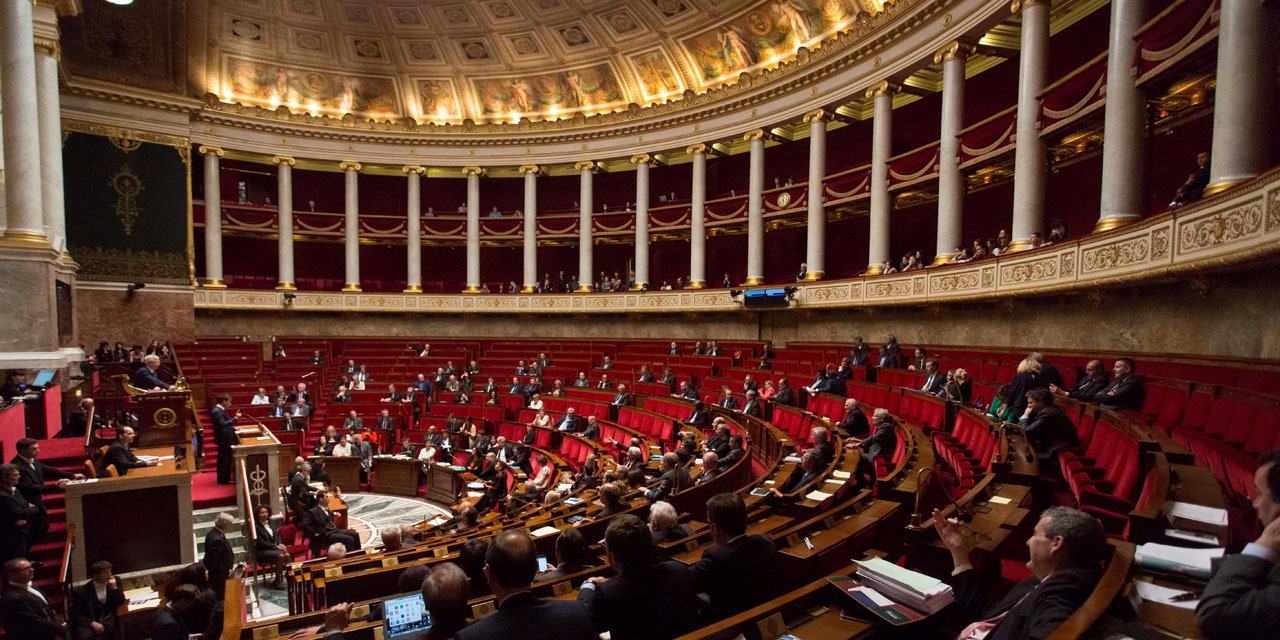 THE FRENCH BILL OF JULY 1 AND ITS IMPLICATONS
THE FRENCH BILL OF JULY 1 AND ITS IMPLICATONS
Mehmet Oğuzhan TULUN 13.07.2016 -
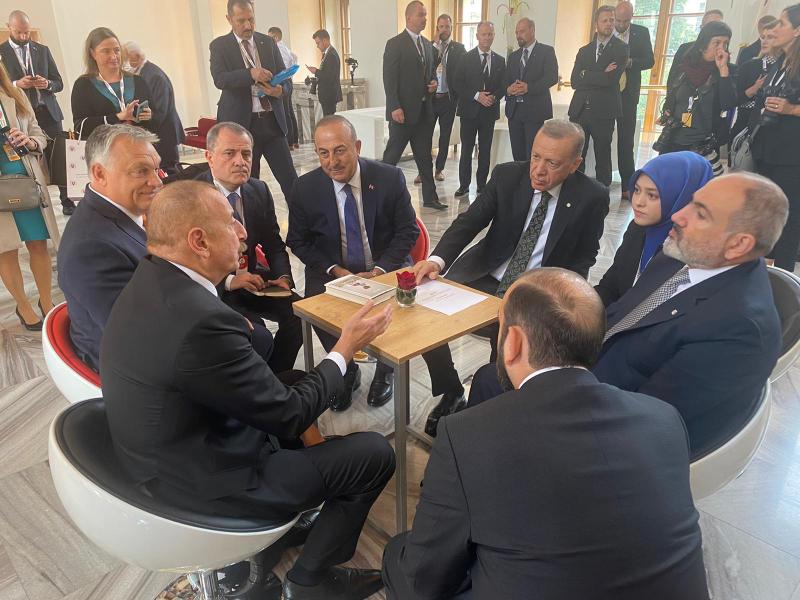 AZERBAIJAN-ARMENIA PEACE TREATY PROCESS AND ATTEMPTS TO UNDERMINE TÜRKİYE-AZERBAIJAN RELATIONS - II
AZERBAIJAN-ARMENIA PEACE TREATY PROCESS AND ATTEMPTS TO UNDERMINE TÜRKİYE-AZERBAIJAN RELATIONS - II
Mehmet Oğuzhan TULUN 21.11.2025 -
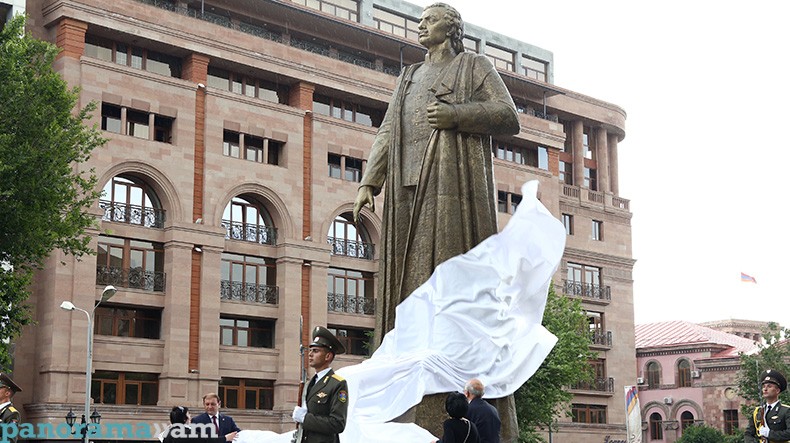 A NAZI WHO IS ARMENIA’S NATIONAL HERO
A NAZI WHO IS ARMENIA’S NATIONAL HERO
Mehmet Oğuzhan TULUN 16.06.2016 -
A POSITIVE SHIFT IN THE VATICAN’S HISTORICAL NARRATIVE
Mehmet Oğuzhan TULUN 04.02.2016 -
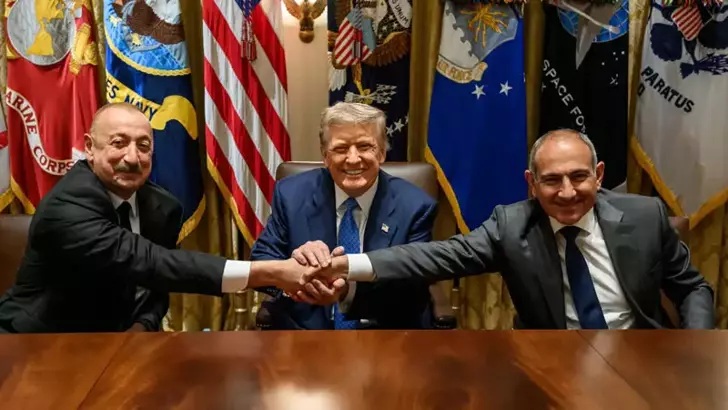 MISREADING THE ARMENIA-AZERBAIJAN PEACE PROCESS THROUGH THE DIASPORA LENS
MISREADING THE ARMENIA-AZERBAIJAN PEACE PROCESS THROUGH THE DIASPORA LENS
Mehmet Oğuzhan TULUN 13.02.2026
-
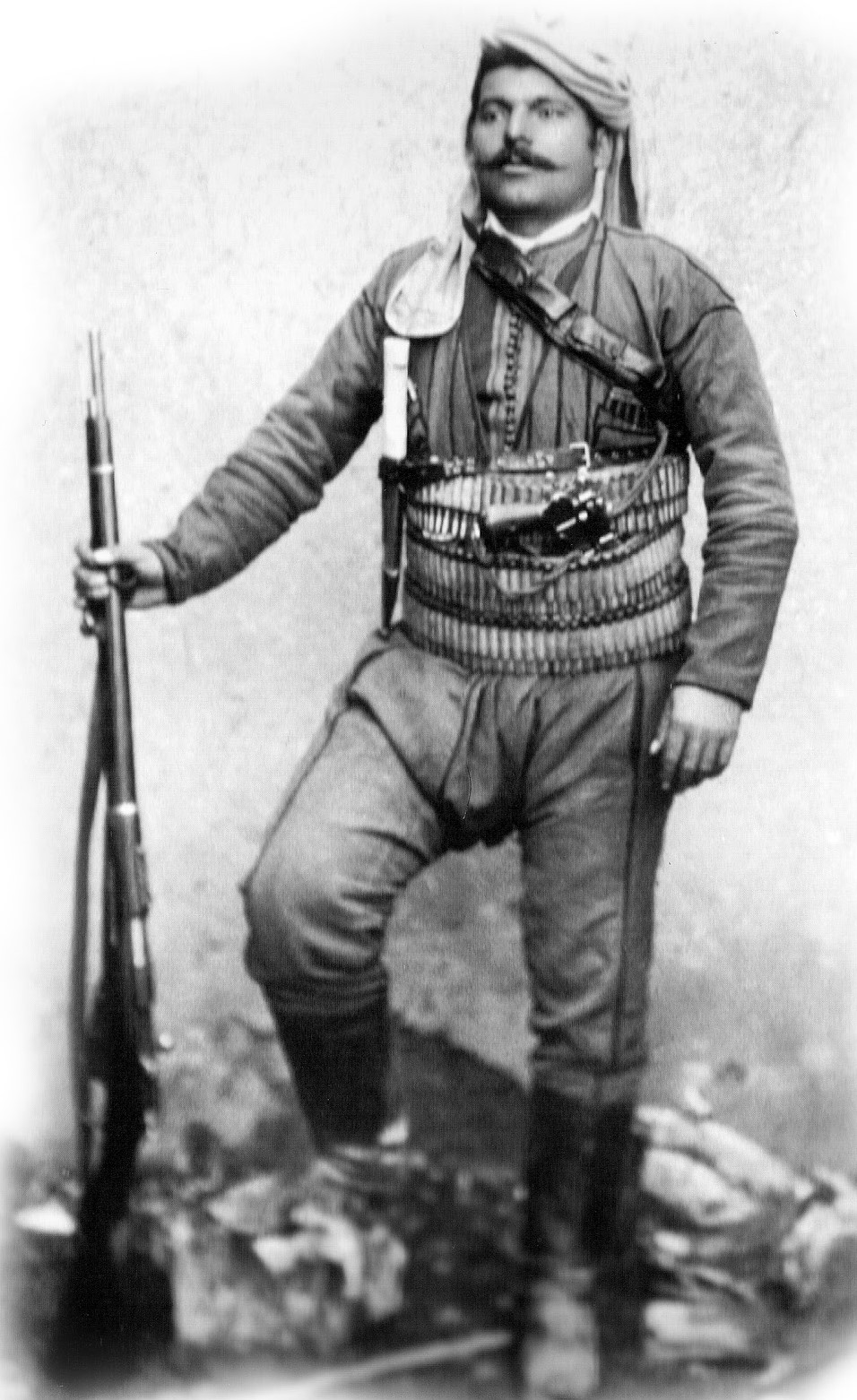 MURAD OF SEBASTIA (SIVAS) - A LESSER KNOWN ARMENIAN FEDAYEE MOSTLY PORTRAYED BY A FEW, HIGHLY QUESTIONABLE SOURCES
MURAD OF SEBASTIA (SIVAS) - A LESSER KNOWN ARMENIAN FEDAYEE MOSTLY PORTRAYED BY A FEW, HIGHLY QUESTIONABLE SOURCES
Ahmet Can ÖKTEM 29.04.2022 -
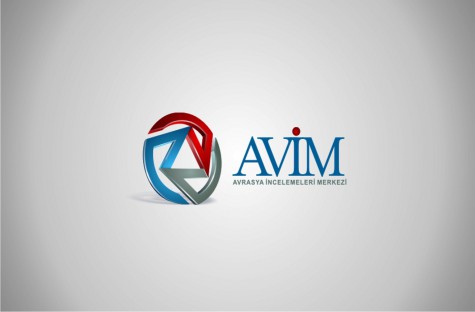 STATEMENTS BY THE ROMANIAN AMBASSADOR IN ARMENIA
STATEMENTS BY THE ROMANIAN AMBASSADOR IN ARMENIA
Ali Murat TAŞKENT 26.02.2015 -
 REFUTABLE RESOLUTION OF THE EUROPEAN PARLIAMENT
REFUTABLE RESOLUTION OF THE EUROPEAN PARLIAMENT
Hazel ÇAĞAN ELBİR 28.04.2015 -
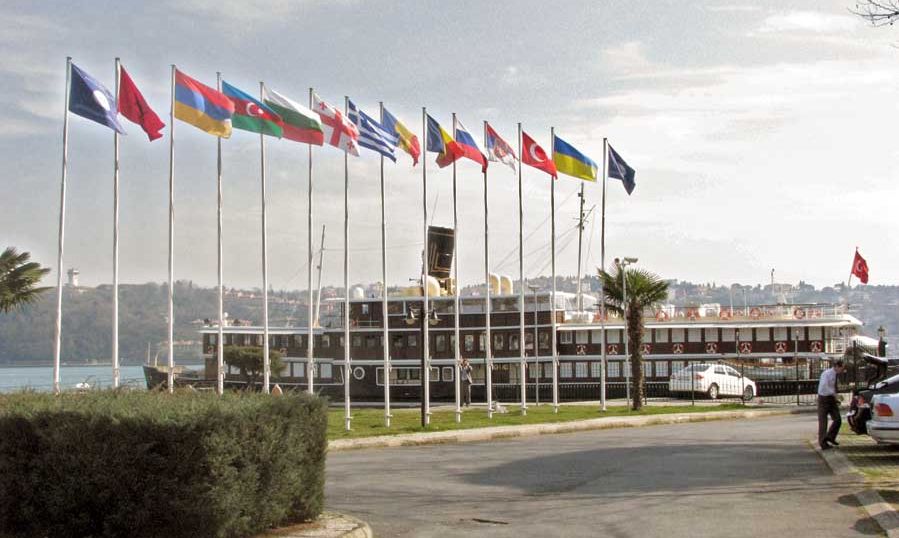 THE BLACK SEA ECONOMIC COOPERATION AND CAUCASUS
THE BLACK SEA ECONOMIC COOPERATION AND CAUCASUS
Tutku DİLAVER 19.07.2018 -
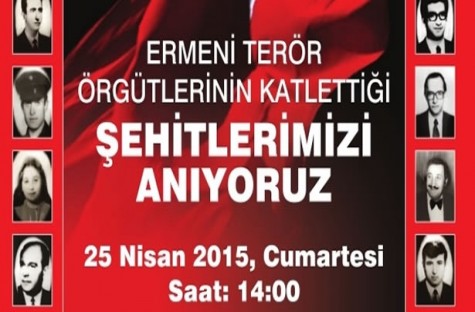 ANNOUNCEMENT - DECLARATION ON THE PROTEST MARCH TO BE ORGANIZED BY THE RETIRED OFFICIALS OF THE FOREIGN MINISTRY IN ANKARA ON 25 APRIL 2015
ANNOUNCEMENT - DECLARATION ON THE PROTEST MARCH TO BE ORGANIZED BY THE RETIRED OFFICIALS OF THE FOREIGN MINISTRY IN ANKARA ON 25 APRIL 2015
Ali Kenan 21.04.2015
-
25.01.2016
THE ARMENIAN QUESTION - BASIC KNOWLEDGE AND DOCUMENTATION -
12.06.2024
THE TRUTH WILL OUT -
27.03.2023
RADİKAL ERMENİ UNSURLARCA GERÇEKLEŞTİRİLEN MEZALİMLER VE VANDALİZM -
17.03.2023
PATRIOTISM PERVERTED -
23.02.2023
MEN ARE LIKE THAT -
03.02.2023
BAKÜ-TİFLİS-CEYHAN BORU HATTININ YAŞANAN TARİHİ -
16.12.2022
INTERNATIONAL SCHOLARS ON THE EVENTS OF 1915 -
07.12.2022
FAKE PHOTOS AND THE ARMENIAN PROPAGANDA -
07.12.2022
ERMENİ PROPAGANDASI VE SAHTE RESİMLER -
01.01.2022
A Letter From Japan - Strategically Mum: The Silence of the Armenians -
01.01.2022
Japonya'dan Bir Mektup - Stratejik Suskunluk: Ermenilerin Sessizliği -
03.06.2020
Anastas Mikoyan: Confessions of an Armenian Bolshevik -
08.04.2020
Sovyet Sonrası Ukrayna’da Devlet, Toplum ve Siyaset - Değişen Dinamikler, Dönüşen Kimlikler -
12.06.2018
Ermeni Sorunuyla İlgili İngiliz Belgeleri (1912-1923) - British Documents on Armenian Question (1912-1923) -
02.12.2016
Turkish-Russian Academics: A Historical Study on the Caucasus -
01.07.2016
Gürcistan'daki Müslüman Topluluklar: Azınlık Hakları, Kimlik, Siyaset -
10.03.2016
Armenian Diaspora: Diaspora, State and the Imagination of the Republic of Armenia -
24.01.2016
ERMENİ SORUNU - TEMEL BİLGİ VE BELGELER (2. BASKI)
-
AVİM Conference Hall 24.01.2023
CONFERENCE TITLED “HUNGARY’S PERSPECTIVES ON THE TURKIC WORLD"









